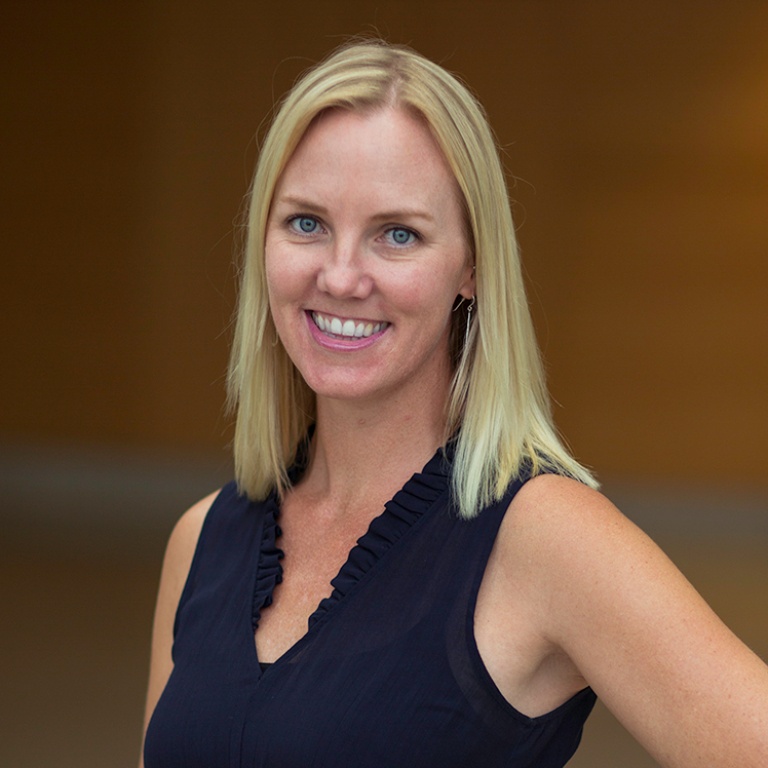- Phone:
- 765-455-9428
- Email:
- wellern@iu.edu
- Campus:
- IU Kokomo
East Building (KE), Room 350

Niki Weller is an Associate Professor for the Department of Sociology. At the foundation of her research is a desire to better understand how sociodemographics influence an adolescent’s exposure to, or protection from, deviant behaviors, with a particular emphasis on risky behaviors such as drug use/abuse and sexual health behaviors. In addition to developing a broader theoretical understanding of these relationships, her research has a strong applied component to it, due in part to her work with numerous community partners and agencies. Since 2017 she has been working with a local non-profit to develop and implement multi-level approaches to reducing the rates of adolescent drug use and abuse among high-risk populations across Indiana.
Since 2016, Dr. Weller has been working with HOPE Mentoring which pairs undergraduate students with incarcerated youth at one of three juvenile correctional facilities in Indiana. Recent publications stemming from the HOPE Mentoring project have focused on disseminating information about HOPE mentoring, examining the impact of mentoring on the incarcerated youth/mentees, analyzing how undergraduate students serve a critical role as a mentor, and the sociodemographic obstacles facing incarcerated youth. Her co-authored work has been featured in Intervention in School and Clinic, the Journal of Prison Education, and Corrections Today.
Dr. Weller is the co-director for the Global Institute on Juvenile Delinquency and Prevention which launched in 2019. The Institute developed from the research branch of HOPE Mentoring, and includes a diverse community of investigators and practitioners from the United States, Costa Rica, Brazil, and Mexico working collectively to offer a critical interdisciplinary and international framework for understanding juvenile delinquency and prevention. Through the exchange of knowledge and dissemination of scholarship, our goal is to improve the existing practices related to juvenile delinquency and prevention, and to effect long term change through local and international policies.
At the core of Dr. Weller’s teaching pedagogy is Kolb’s theory of experiential learning which proposes that learning is a process where knowledge is created through experience. Kolb theorizes that learning takes place when the student engages in a novel or concrete experience, reflects upon this experience, conceptualizes it, and tests its authenticity by applying it to future experiences. This theory informs many methodologies in which educators engage students in real-life situations with focused reflection, to increase their knowledge, and promote personal development and capacity for intellectual analysis. She believes that learning is a process that takes place when students engage in concrete experiences, and they are given opportunities to reflect, conceptualize, and test the authenticity of this experience by applying it to future experiences. To be sure, her teaching is a platform that turns experiences into insight, knowledge, and application.
Indiana University Kokomo
765-453-2000